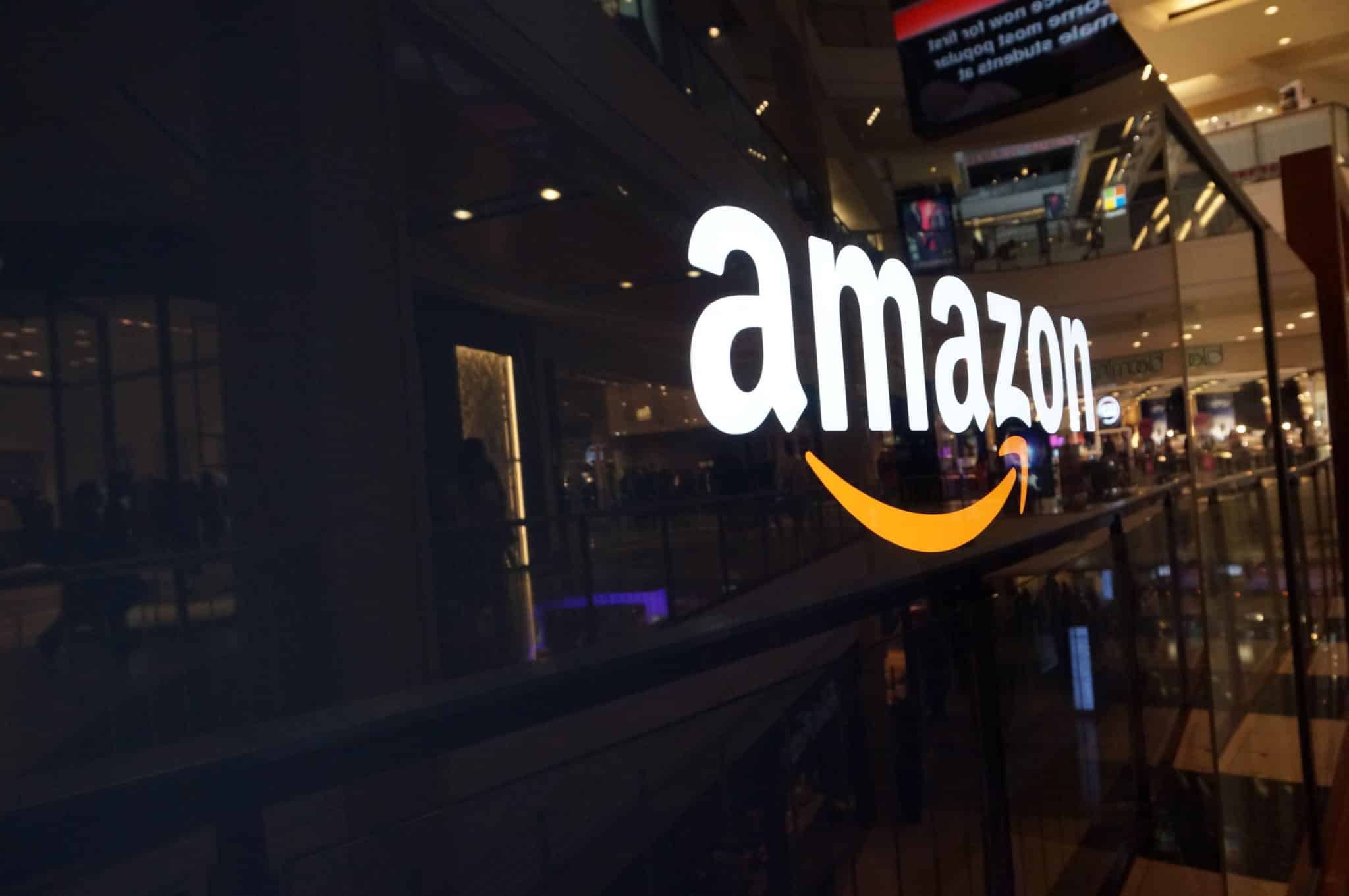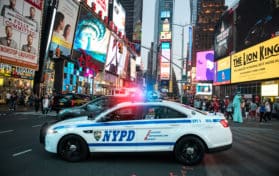
Workers are becoming fed up with company policies regarding COVID-19. Last Sunday, Southwestern Airlines pilots walked out in protest over a company mandate that required employees to be vaccinated by November 1, 2021. The Denver Police Department is being sued by nine officers who have developed reactions to the mandated vaccine. The Chicago Police Department is currently in a battle as the head of the police union tells officers to refuse to comply with vaccine mandates.
In late September, Joe Biden mandated that certain companies require their employees to be vaccinated or be tested on a weekly basis in order to keep working. In addition to the walkouts and resistance to comply across the country, a former Amazon worker is now suing the online retail giant for unpaid time she claims she spent being tested for the virus.
Plaintiff Jennifer Vincenzetti worked at two different Amazon warehouses between October 2018 and December 2020. She alleges that, during that time, she was required to undergo daily COVID screenings before she was allowed to go into work. She claims that she was never paid for this time, even though it was a part of her work day. In fact, the plaintiff states that Amazon began mandating these daily checks in March 2020, and the company would not allow workers to clock in until they had passed the daily screening.
The lawsuit was filed on Friday, October 8, in a U.S. District Court. The lawsuit states that this was not the first time Amazon had required workers to come in to perform work duties without pay. In the past, employees have been required to come in, pick up their employee badge, and sit through an unpaid meeting with a shift supervisor who would give each worker their assignments each day.
Each day, claims the plaintiff, workers were required to arrive early, but were typically met with long lines of workers all trying to get through the screening process. According to the filing, screening times often lasted between twenty and sixty minutes, and lead to “long lines outside and inside the facility.” The plaintiff filed the suit on behalf of herself and approximately 10,000 of her co-workers at each facility. The suit reads that, according to Colorado law, workers are to be paid for any time they are performing a duty for the company. This falls under “time worked,” the suit states.
The suit goes on to read that Ms. Vincenzetti and her co-workers were considered “essential employees,” as they worked to meet an unprecedented demand for online retail. She notes that she and her co-workers had to endure “constant quarantines,” and that she as well as those she worked alongside all feared exposure to the virus. The lawsuit notes that Amazon experienced an “unprecedented demand” due to “pandemic-fueled supply lines.”
The executive director for a pro-employee organization Towards Choice, related that “Amazon appears fine in making efforts to keep its workers safe, so long as the workers are the ones footing the bill.” When contacted, Amazon declined to comment as the suit is considered “active litigation.”
This is just the latest in a blow to the retail giant. Amazon has been criticized over multiple business practices for some time now. In California, Amazon workers brought forth evidence that many workers were not allowed to take proper restroom or regular breaks. In response, the state drafted legislation that would change the “speed quotas” which each worker must make. The law also gave state investigators the ability to go into Amazon and determine any malfeasance due to employee injury. In California, the rate of employee injury for Amazon workers was at least 1.5 times higher than other workers in the warehouse industry.
This isn’t the first time Amazon has been sued for the very same offense. In July, workers in California shipping warehouses filed suit over the same issue – long wait times during pandemic health screenings. California workers also alleged that break rooms are situated so far from their work stations that breaks on the clock are actually shorter due to the time spent getting from one’s work station to the break room.
Prior to that, in 2010, an Amazon worker sued the company over being inspected every night after his shift “in order to make sure he wasn’t smuggling products” out of the warehouse. That case made it all the way to the Supreme Court, and the current lawsuits will certainly join those previous plaintiffs as each of them claims Amazon took time from workers without pay.





